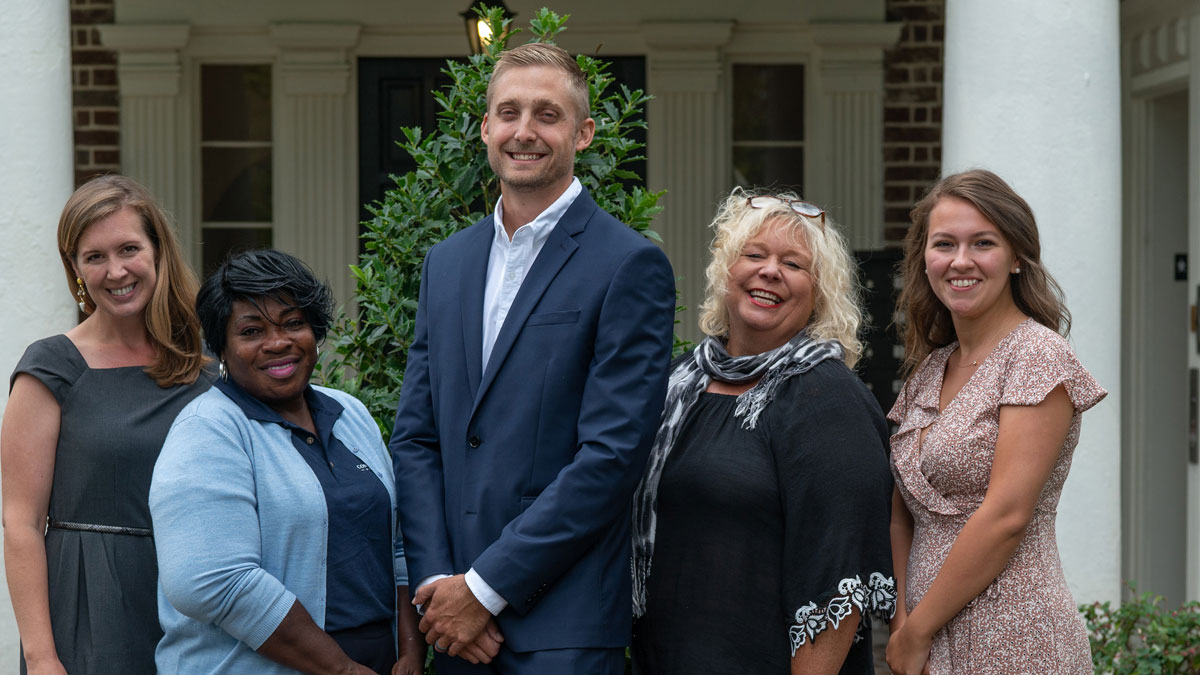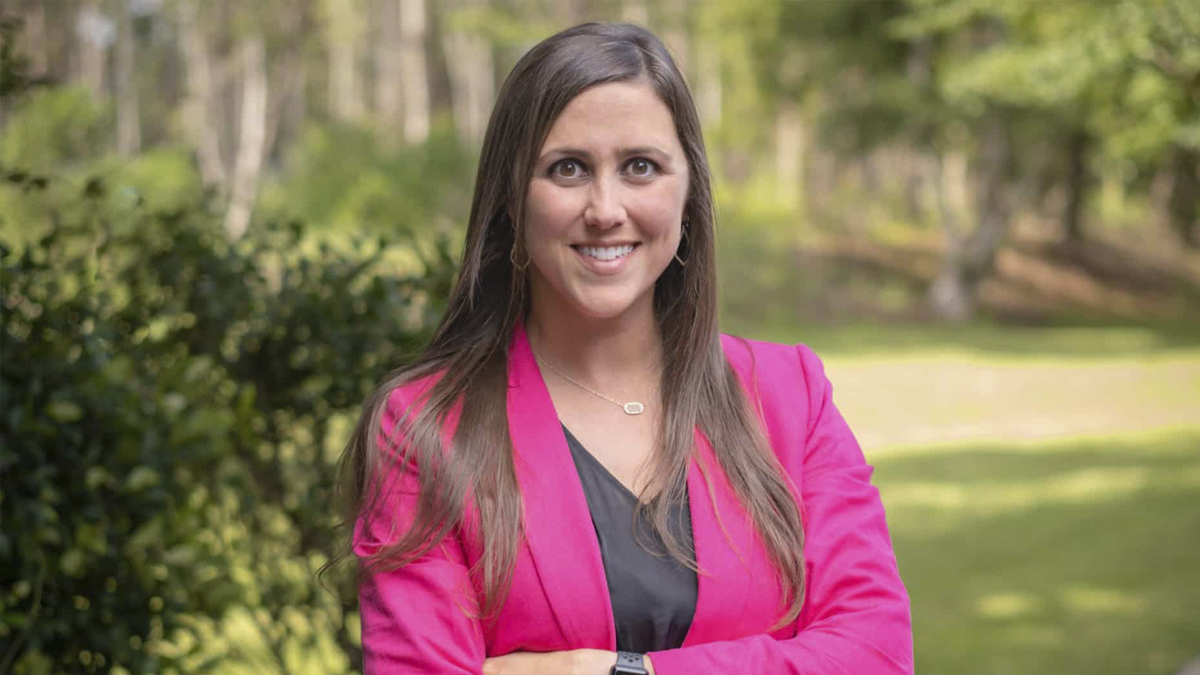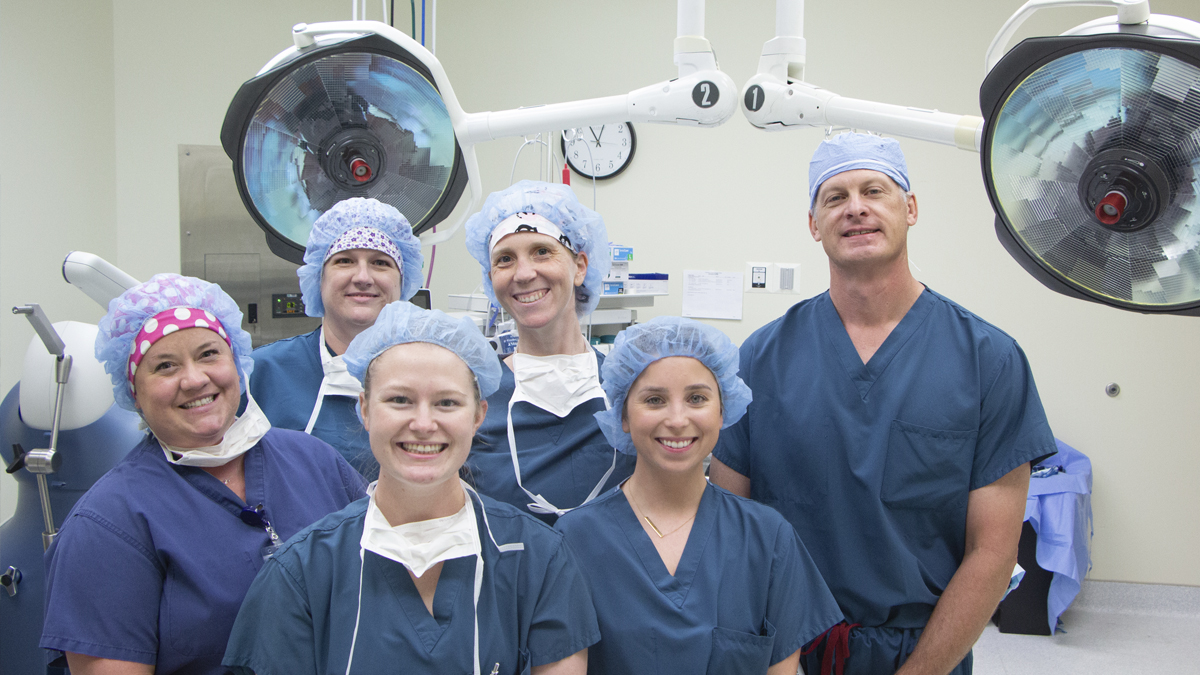Diane, a soft-spoken, warmhearted woman in her 40s, is just finishing her shift with one of her favorite clients. They spent the morning at the beach and had lunch at his favorite restaurant. Before their outing, she’d managed to convince her client, who suffers from dementia, to shower, despite his reluctance, and eat a healthy, diabetes-friendly breakfast. Their time together allowed his wife to have a much-needed break in her role as sole caregiver.
While this has been a good day in the world of caregiving, there are difficult moments, when these professionals need to use their life experience, knowledge of illness, training, emotional intelligence, problem-solving skills and their empathy to overcome challenges. On days when they must deal with a dementia client shouting at them or someone suffering from incontinence or when their job is to console a grieving spouse, it takes a special person to stay present and compassionate.
Being a caregiver is not a job for the faint of heart – they give so much of themselves as they care physically and emotionally for their clients. It could be one of the closest relationships between a health care provider and a patient in the entire field of medicine.
Phil Emmert, who works in business development at Commonwise Home Care, explained: “Our caregivers are very much invested in their clients. This is not just a job. They want to add value, to bring joy to their clients every day.”
Amber Roberts, also with Commonwise Home Care, explained that they work hard to recruit and retain the very best caregivers.
“Those who feel a calling for this work – who have a talent for it. To do this job well you have to be multifaceted and well-rounded,” she said.
Shifts for clients can range from four hours a day to 24/7 care. Each client and his or her needs are vastly different. It’s important to match the client and caregiver based on skill level and need but also on personality.
“We want this to be a relationship that lasts. We’ve seen how strong that bond between caregiver and client can be – and how transformative it can be,” explained Kate Evans, executive director of Commonwise Home Care in Charleston.
Emmert continued, “We know that for clients and their families, what matters most is the person coming into the home – are they trustworthy, are they kind, are they going to care for my loved one as I would?”
Caregivers like Diane exemplify how and why caregiving is a noble profession – one that should be valued and respected.
Emmert explained: “We recognize how hard they work. Caregiving is a career that not just anyone can do. We really appreciate our caregivers as professionals, and we support their growth at Commonwise.”
Emmert corrected himself for calling it caregiving: “Really, what they are doing is ‘joy-giving.’”
For more information on Commonwise Home Care, visit www.commonwisecare.com or call 843-779-9598.
By Theresa Stratford






